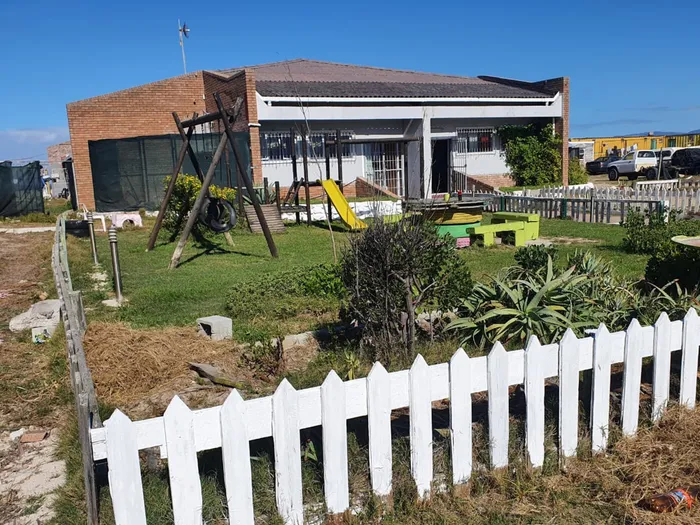Increase in children joining gangs during lockdown

The Ceasefire Cure Violence centre in Hanover Park.
A growing number of children have been joining gangs during the Covid-19 lockdown, says a Manenberg community activist.
Roegchanda Pascoe, chairwoman of the Manenberg Safety Forum, says gangs are recruiting children as young as 7 to act as look-outs, move drugs and guns or commit burglaries.
Children in Manenberg and other parts of the Cape Flats have few positive role models and yearn to fit in somewhere, which makes them vulnerable to gang recruitment, she says.
But once they are in, it can be very hard to get out.
Ms Pascoe says some parents have fought successfully to free their children from a gang - sometimes going as far as moving house and burning tattoos off their children - but, in most cases, gang members who try to leave are killed, as they simply know too much about the gang.
Many parents, she says, don’t have the money or strength to fight for justice for their children after they’ve been killed so they tell the gang to pay for the child’s burial.
“The children are intimidated, sodomized, and threatened until they join the gang, and because they are alone at home for most of the day, as their parents are working, this is easy. When you are the parents of boys and live in such an area, you have to keep your eye on the ball and never let your guard down because the gangs know who they can target.”
Often, parents only find out their child has joined a gang after they have already committed a string of crimes.
“It looks like an ordinary child sitting on the corner, but that child is working for the gang as a look-out. They are groomed from a young age, indoctrinated, taught how to hold a gun, and spoilt, and once they are ready, they are ordered to take someone out,” says Ms Pascoe.
Manenberg police station spokesman Captain Ian Bennett says children under the age of 10 cannot be prosecuted and do not have criminal records. In the cases of older children, the State has to prove the child knows right from wrong and does not suffer from any mental disorders.
However, he adds, in many cases, the children are found to have foetal alcohol syndrome or other mental disorders and they cannot be prosecuted.
There are instances, he says, where fathers and sons hold allegiance to different gangs, and the rival gangs will order them to kill each other. For a mother, it can mean choosing between her husband and her child.
'’The gang makes you understand that your family is no longer your family, your loyalty is with the gang. If they tell you to kill, shoot, or rob your mother or grandmother, you must do it,“ he says.
Ceasefire Cure Violence is a non-profit company, in Hanover Park that falls under the umbrella of First Community Resource Centre, another non-profit company. It runs an early intervention programme that uses mentorship, workshops and job opportunities to steer youth aged 13 to 17 away from gangs.
Craven Engel, its CEO, says it’s easier to leave a gang at entry level than higher up the hierarchy.
“The problem is that there are not enough rehabilitation programmes for these members when they leave so they fall back into the gang,” he says.
“If we want to get them out we must have something for them to land onto - a place to stay, something to keep them occupied. Through our six-month rehabilitation programme we holistically rehabilitate them with the help of social workers.”
Mr Engel says the gangs identify children for recruitment who are orphans, underprivileged, or suffer from disorders.
“The children strive to be acknowledged by someone, just like we strive to be part of the cool groups at work or at school. These kids are vulnerable, and once you get caught, you are on your own.”
For more information about the Ceasefire Cure Violence programme call Craven Engel on 074 601 9867.